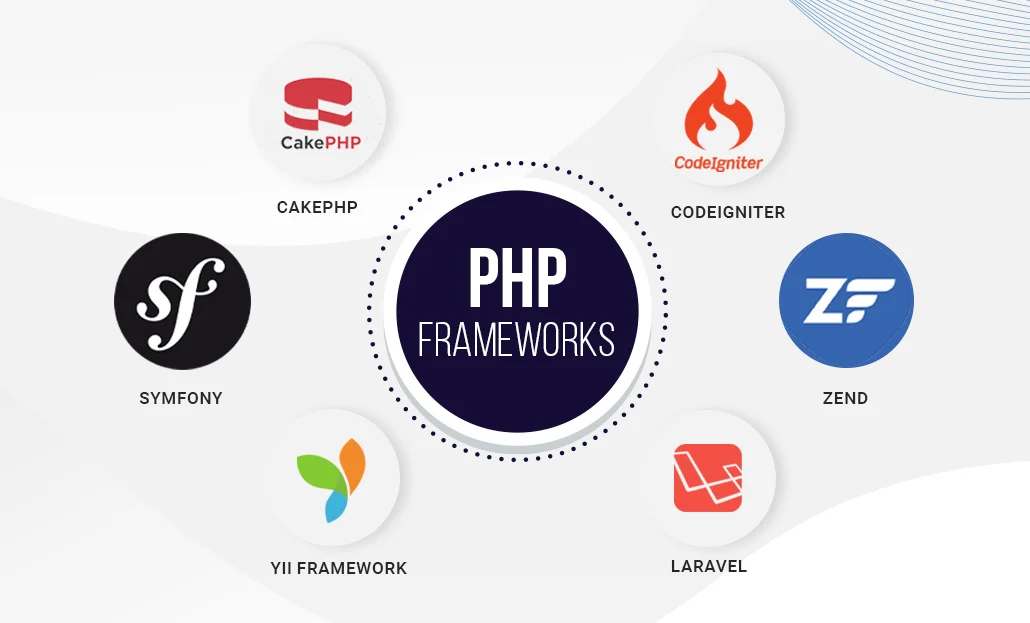Many technologies and their use cases make their fair share of buzz in the world, but only a handful of them prove to be viable to the industry and follow the projected trajectory (some even exceed it). Blockchain technology is amongst those innovations that have not only garnered the talks but are truly a building block for the future.
With the potential to revolutionize almost every industry we know, Blockchain has been successful in its many use cases, especially in finance & banking, healthcare, and real estate. Blockchain with the core idea of decentralizing systems and doing so works to create transparent and much more efficient processes in various sectors. Hence, elevating user experience and stakeholder security to the next level.
Looking back, we realize how far this technology had come since 2009 when Satoshi Nakamoto developed this idea to build the world’s first cryptocurrency, Bitcoin. However, not many amongst the masses realize how vast the impact of Blockchain can be apart from cryptocurrencies. However, given the public success of cryptocurrencies, the demand for decentralized and more secure systems has only increased in recent times, thus putting blockchain technology as an excellent career choice. But who works in Blockchain? What kind of jobs are there? Is the pay structure good? The following sections will answer all your questions.
Table of Contents
Where are the opportunities?
Short answer, several places. The long answer will surprise you but in a good way. Almost every industry and economic sector invest in blockchain technology at some level. There is a perception that only technology giants or consulting firms are hiring blockchain talent, but that is not the truth of today’s time. Blockchain will be the basis of Web 3.0 and will be an integral part of every industry that needs data that is too secure and transparent.
- Technology Giants – Blockchain is disrupting the way data is stored, and the big players in the tech world have understood this at the earliest. These firms want to be on top of all the development and are leaving no stone unturned when it comes to investing and exploring the potential of decentralized networks, ledgers, and Blockchain itself. Professionals who can fulfill these requirements and push the innovation through various use cases are being hired and compensated handsomely by the big tech. With all the big names like Google, Facebook, and IBM, the technology sector is looking for the best talent resource.
- Legacy Industries – There is a reason why corporate and industry leaders are at the top of their table, and that reason is none other than adaptability. Blockchain adoption in banking, finance, supply chain, healthcare, etc., is an example of making the right move to keep up with changing times. Also, apart from tech conglomerates, only legacy industries have ample monetary resources to explore and implement Blockchain in their business processes and operations.
It is worth noting how automation helped the finance and insurance industry become lean, efficient, and more consumer-centric. These data-heavy businesses have realized the great potential of decentralized databases and hence, are the top places to work for blockchain professionals.
3. Startups – Startups have been major contributors to the blockchain job market. With many latest innovations and experiments being carried out with Blockchain and shared data technology, these disruptive businesses provide the perfect place for blockchain developers and engineers to put their skills to the best use. Cryptocurrency exchanges, digital wallet providers, etc., are some of the businesses providing many opportunities in this sector.
The ability of these startups to raise huge amounts of capital also solidifies their claim for top blockchain talent across the world.
Type of Roles in Blockchain industry
Multiple roles exist in an organization or a team deployed for blockchain development and implementation. These roles generally are:
- Blockchain Developer – The role of a developer is one of the top positions in this vertical and the most marketable one. These professionals are essentially programmers who build applications for Blockchain and have their core skillset lying in the software development domain with expertise in languages like C++, Javascript, and Python. However, becoming a blockchain developer needs more than programming knowledge, but experience gives these professionals a great headstart. These positions also come later with some experience but are generally the most commonly known job role in the blockchain industry.
- 2. Blockchain UX Designer – Blockchain applications have evolved and are continuously evolving to become more user experience-driven. This is an outcome of implementation across various industries and has proportionally led to user experience designers’ requirements for blockchain applications. The role of these professionals is driven towards creating an experience that promotes user retention.
3. Blockchain Project Manager – Any developmental process needs a professional who can helm the managing responsibilities of that project. Blockchain project managers have a role similar to traditional cloud project managers with a knowledge base in the relevant technologies to integrate teams smoothly. An added skill in communication is the foundation for any good project manager, and the same applies to those working in the Blockchain vertical.
4. Blockchain Solution Architect – The role of assigning, designing, and connecting various components of a solution is that of a Blockchain solution architect. These professionals collaborate with developers, UX designers, network admins, and IT teams regularly to ensure that the product in development stays on track and deliver complete blockchain solutions,
5. Legal Consultant – Blockchain is a fairly new technology when we look at it from large-scale implementation. With new developments, legal hurdles are bound to come, and to avoid any such obstacles; businesses are hiring legal consultants who are adept in International law, cybersecurity law, data security law, and other aspects that come under the umbrella of Blockchain. The role of these individuals is to guide the business in the right direction with their blockchain project and save them from making investments that might run into legal troubles. So, if you are someone who has ever wondered about jobs in the blockchain industry to hardcore techies, then you stand corrected here.
6. Quality engineers – Like any other developmental environment, blockchain projects also need quality control professionals. These individuals are engineers with expertise in testing solutions with an eye for minute details. Blockchain quality engineers are good at the technical aspect and are quite fluent in communication to conduct the development process harmoniously.
How Green is the grass
Quite green. Because Blockchain is an emerging technology and has vast potential, professionals in this space are well compensated. The salary of a blockchain developer in the US can go up to $250k annually, with the average salary being a whopping $120k. The higher-end lies at $200k annually for blockchain solution architects, whereas UX designers in this field make $106k annually.
Blockchain Legal consultants have a salary range of $100k-$190k annually, which must give you a clear idea about what the whole pay landscape for blockchain professionals looks like. Blockchain professionals must be making less than the figures mentioned above, but it would only be because of their experience level or expertise. The salary numbers will also differ based on geography, but most countries with a robust tech and IT industry pay Blockchain professionals according to the global industry standards.
What’s the market outlook
Despite increasing demand, the pool of the right candidates with the necessary skill set is not keeping up. There has been an increase of 700 percent in the market since 2017. In 2021, Blockchain as a skillset was outpacing 5000 other skills on the online gig marketplace; Upwork. Today, the demand for skilled blockchain professionals is super ripe, and as remote working has become mainstream, geography isn’t an issue with hiring the right candidate.
Road to becoming the right candidate
From the roles mentioned above and responsibilities, it must have become clear that technical expertise, especially deep knowledge of blockchain technology, is imperative to get a job in this industry. So, if you are a fresher, you must build your technical skills in programming, cloud, designing, etc. (depending on your career path), along with an impeccable hold on blockchain tech. Doing a good certification in Blockchain and distributed ledger technology will put you in the right lane.
If you are looking to shift your career from a non-technical background, then your journey will be slightly harder. But, doing the right certification, having a good knowledge base, and right mentorship will help you steer your career change better.
It is important to understand that a career in the blockchain industry requires you to have a cross-industrial skillset. Hence, there is a high chance that your experience won’t entirely go to waste.





Leave a Reply
You must be logged in to post a comment.